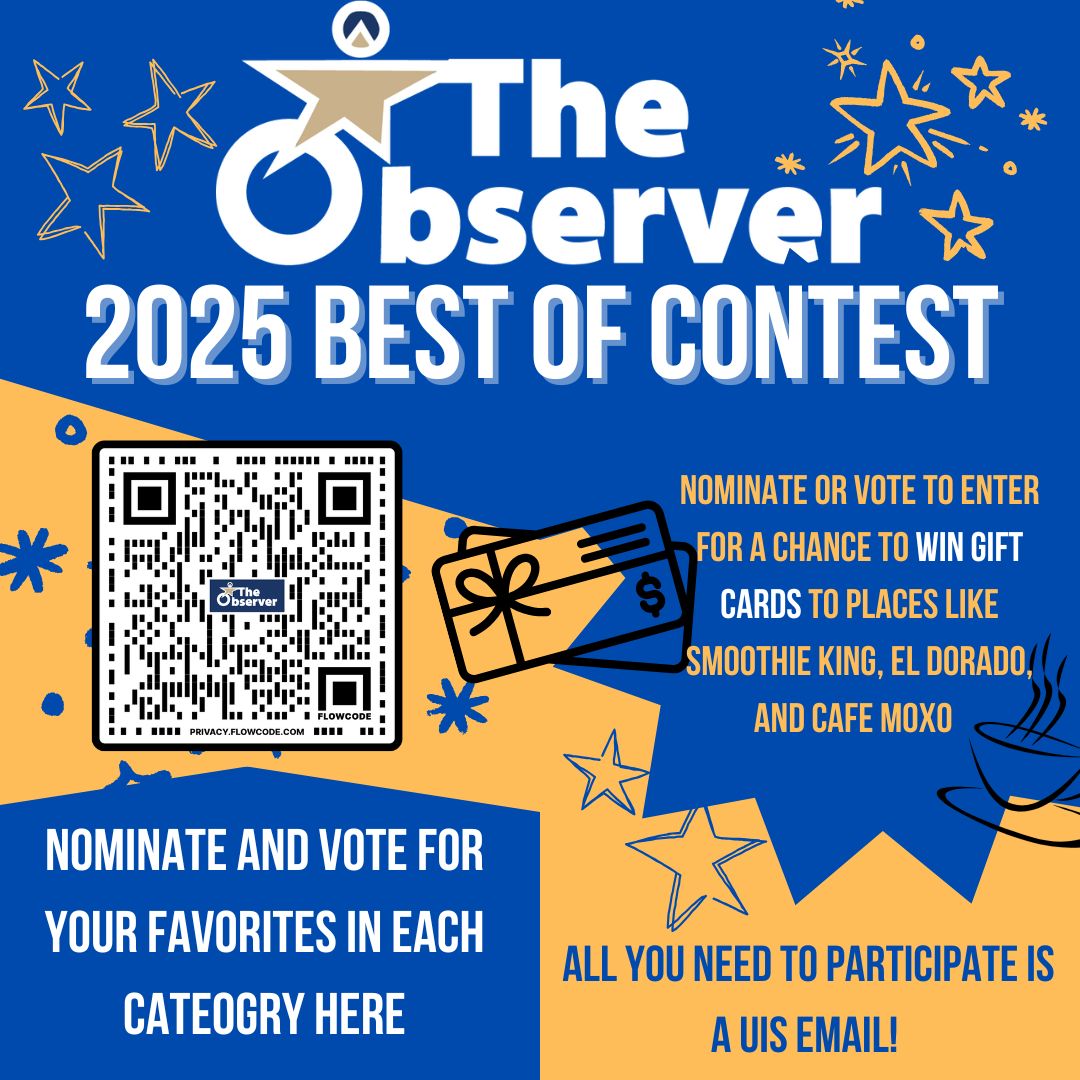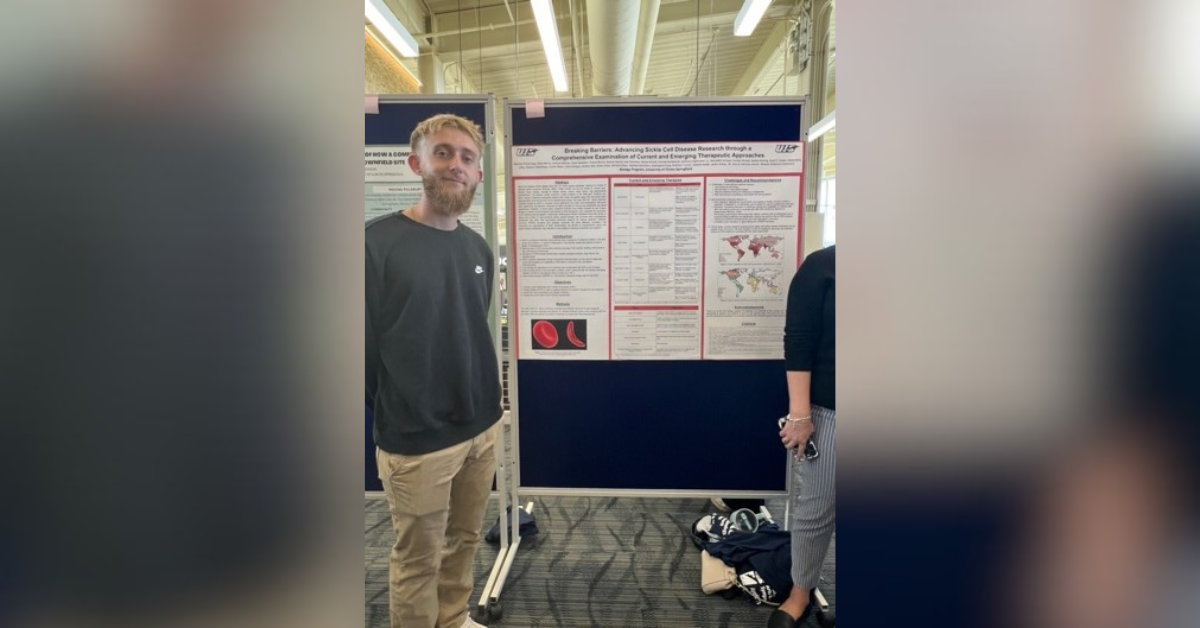Engagement Experience credit is one of the ECCE requirements for UIS undergraduates. While there are options to choose from, counselors from Experiential and Service Learning advise students to start planning now for the Fall semester.
As the name implies, Engagement Experience offers students a chance to engage in “real world” experience outside of the classroom. These experiences can be internships, volunteerism, international travel, and research projects, to name a few. The type of experience can depend on the course and how it is integrated as a learning opportunity.
AST
Applied Study Term is an off-campus learning experience, ideally for those seeking internships, although individual activities such as a creative or research project can also apply.
Prof. Ross Garmil from Experiential and Service Learning encourages students to select an internship that has to do with their interest; it does not have to fit their major.
The point of this course is “not so much what [student interns] do, but what they learn,” said Garmil. “Everyone understands the value of the internship you’re doing. Make the most out of that opportunity.”
He added that there is power to being a student intern. While non-student interns are seeking the opportunity of a permanent employment, employers are aware that students are there to learn.
Garmil made the point that if a student wishes to attend a board meeting, he or she can, but non-student interns “can’t step out of [his/her] role like that.”
If students are interested in this course, they must have something lined up in advance, such as an intern position or a new opportunity.
Credit for Prior Learning/UG Portfolio
Undergraduate Portfolio courses are not for students looking for a new experience, but to reflect on a past experience outside of UIS that constitutes as college-level learning.
Garmil acknowledged that it can be “frustrating and insulting” for students to take an AST course when they already have the “real world” experience.
“This is perfect for military students,“ said Garmil, “or for more advanced students who feel they already have the experience they can reflect on and explain what was important to them.”
Service Learning
For students wanting more course work and less hours outside of the classroom, Service Learning is closer to the traditional ECCE course, although outside experience is still a requirement.
Prof. Janette Kirkham, Interim Director at Experiential and Service Learning, explained that while AST is about the experience of the student on what they are learning, Service Learning focuses more on academic theory and how community service applies to the needs of society.
Kirkham said that students interested in community service will be asked to think about these questions: “Why is this institution needed? What is the responsibility to society, and how will your actions change society?”
Both Garmil and Kirkham stress that before signing up for an Engagement Experience course, it is imperative to discuss it with an advisor.
For more information on these courses, visit http://www.uis.edu/exsl/. For additional questions, contact faculty members at Experiential and Service Learning, provided at the same site.







